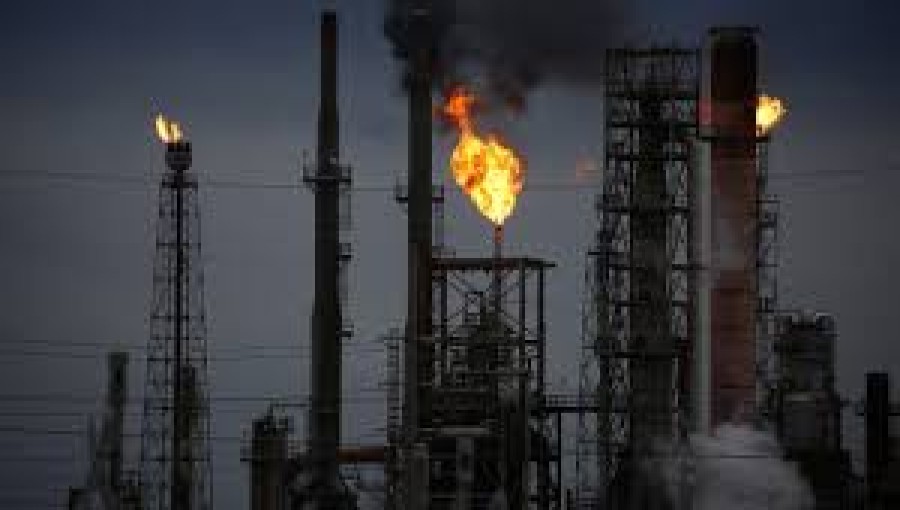The influence of climate change risk on oil prices is becoming increasingly apparent, with natural disasters such as forest fires, hurricanes, and extreme weather events impacting market dynamics. The recent passage of Hurricane Beryl through Texas, a key region for US crude oil production and refining, led to a boost in crude prices, reflecting the market's sensitivity to weather-related disruptions. Texas accounts for a significant portion of total US crude oil production and possesses the largest number of crude oil refineries among US states, making it particularly susceptible to weather-related disturbances.
The World Meteorological Organization has warned that the early formation and swift intensification of Hurricane Beryl could signal the potential for similarly severe storms in the future, raising concerns about the impact on oil markets. Additionally, forest fires in Canada earlier this year also rattled oil market sentiment, particularly as they threatened to affect the nation's largest oil sands mining facility.
Analysts and industry experts have highlighted the growing influence of climate change on oil markets, emphasizing the need to consider climate risk as a major factor in market dynamics. The impact of climate disruption is not only visible in oil prices but also in the operations of oil and gas companies, which face challenges related to production and refinery utilization rates due to extreme weather events.
The broader context of these developments underscores the increasing significance of climate change risk in shaping oil market dynamics. The transition away from high-polluting fossil fuels is a critical consideration, especially as the effects of climate change become more visible and extreme. While the oil market traditionally focuses on generating profits, the responsibility for addressing climate change risk is seen as lying with politicians and regulators, who can implement meaningful regulatory changes and incentives to shift capital toward clean and sustainable energies.
The interplay between climate change, natural disasters, and oil markets highlights the complex and evolving relationship between environmental factors and economic considerations, with implications for global energy markets and the broader transition toward sustainable energy sources.































Comment: